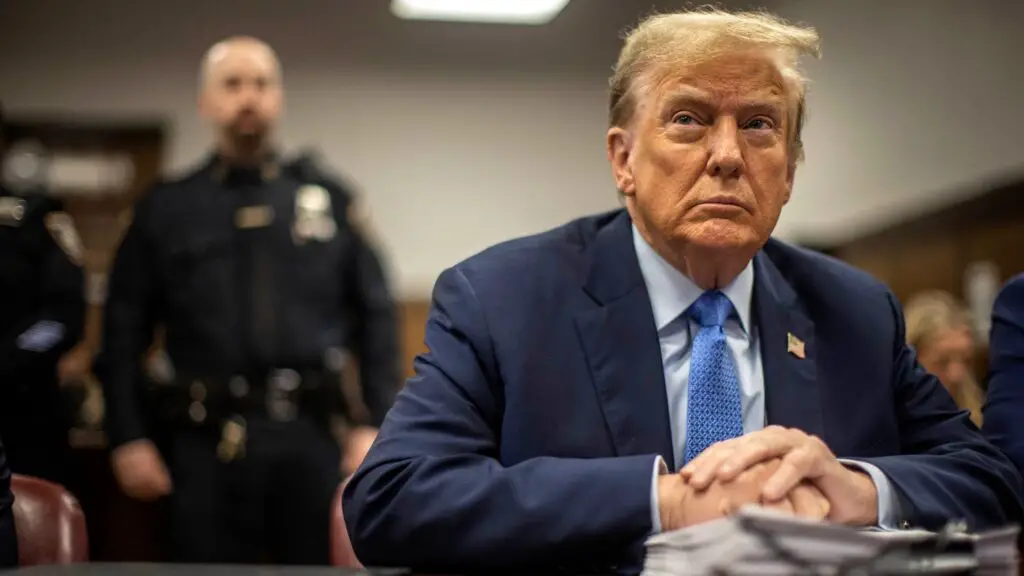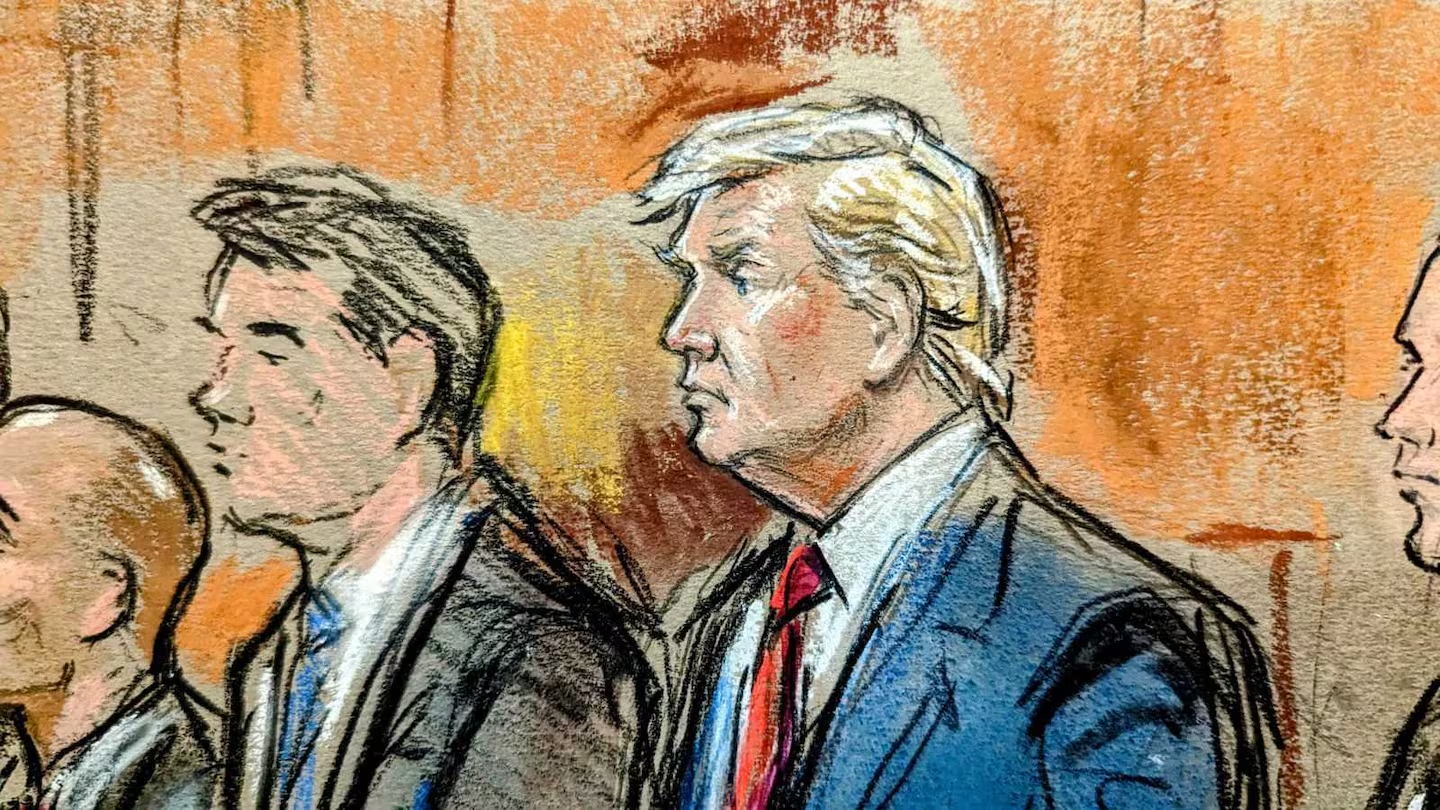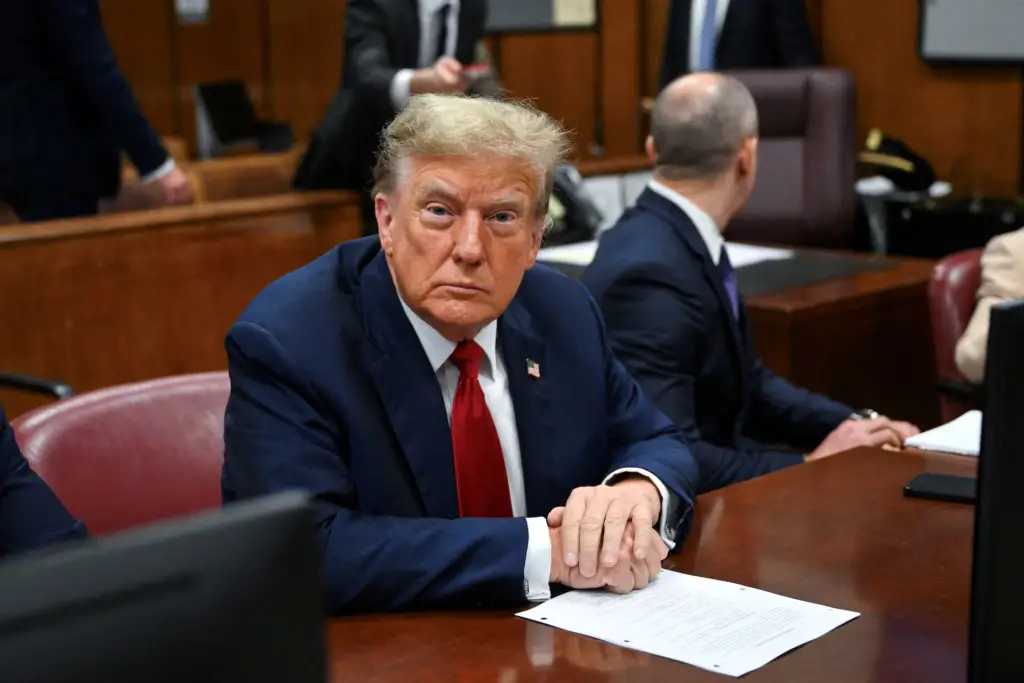Former President Donald Trump has been facing various charges for his actions since as early as 2016. In a recent court decision, he was convicted of 34 felonies. These new developments have left people with a lot of questions. People want to know if Trump faces jail time and what’s in store for the rest of his trial.
Trump Convicted of 34 Felonies: What Are They?

Trump’s 34 felonies stem from multiple “hush money” payments. A Trump Organization Executive and porn star, Stormy Daniels, respectively, received payments. In exchange for silence after a one-night sexual arrangement, Stormy Daniels received $130,000 from Michael Cohen, an executive at the Trump Organization.
They scheduled Cohen to receive $420,000, accounting for bonuses, taxes, and other repayment costs related to his actions. Throughout 2017, Cohen received a series of monthly payments of around $35,000 each. Cohen and the Trump Organization dishonestly labeled each payment as a “retainer” or “legal expense,” respectively.
Each of former President Trump’s convictions corresponds to a check, invoice, or voucher generated to dishonestly reimburse Cohen. Trump’s convictions are for falsification of business records in the first degree, tied to the inaccurate portrayal of hush money payments as “legal expenses” and “retainers.”
The trial drama doesn’t just stop at Trump’s 34 felonies. He has made a spectacle by giving polarizing opinions on the judicial process, ultimately leading to a gag order.
Why Are His Charges Felonies?

Many people also ask why his charges (those based on financial dishonesty) count as felonies.
In New York, prosecutors must prove that Trump was concealing a crime or planning to commit another crime for the charges to be considered felonies.
Prosecutors in the case argued that the crime he was concealing/planning to commit violated New York election laws. They argued that he broke laws that make it illegal for any two or more persons to promote or prevent the election of someone to office by unlawful means.
While jurors didn’t necessarily agree unanimously on the additional crimes, they decided that Trump knowingly falsified records to aid his campaign. This agreement is the main reason his charges are felonies.
What’s Next for Trump’s Trial?
The Supreme Court granted Trump presidential immunity, shielding him from accountability for actions taken in his professional role. More specifically, actions under his “core constitutional powers” are not eligible in court.
On the other hand, some of his actions fall under his private affairs. For instance, his relations with Stormy Daniels and his hush money payments arguably stem from personal motives despite his official title.
Initially, Trump’s sentencing was planned for July 11th, 2024. The judge rescheduled the case following requests from Trump’s legal team. Trump’s sentencing will now occur on September 18th, 2024, at the earliest.
The rescheduling guarantees that Trump will have the chance to be the Republican nominee before his trial. His felonies, which currently fall under class E in New York, rarely warrant jail time. Moreover, with his status, financial assets, and ability to create appeals, Trump will unlikely face jail time before the November election. Furthermore, considering the nature of current politics and judicial sentencing, it is improbable that Trump will see any major sentencing decisions until 2025.
As it stands, it will be interesting to see more developments in Trump’s convictions. Like his other major public scandals, there will surely be more surprises and shocking moments.

